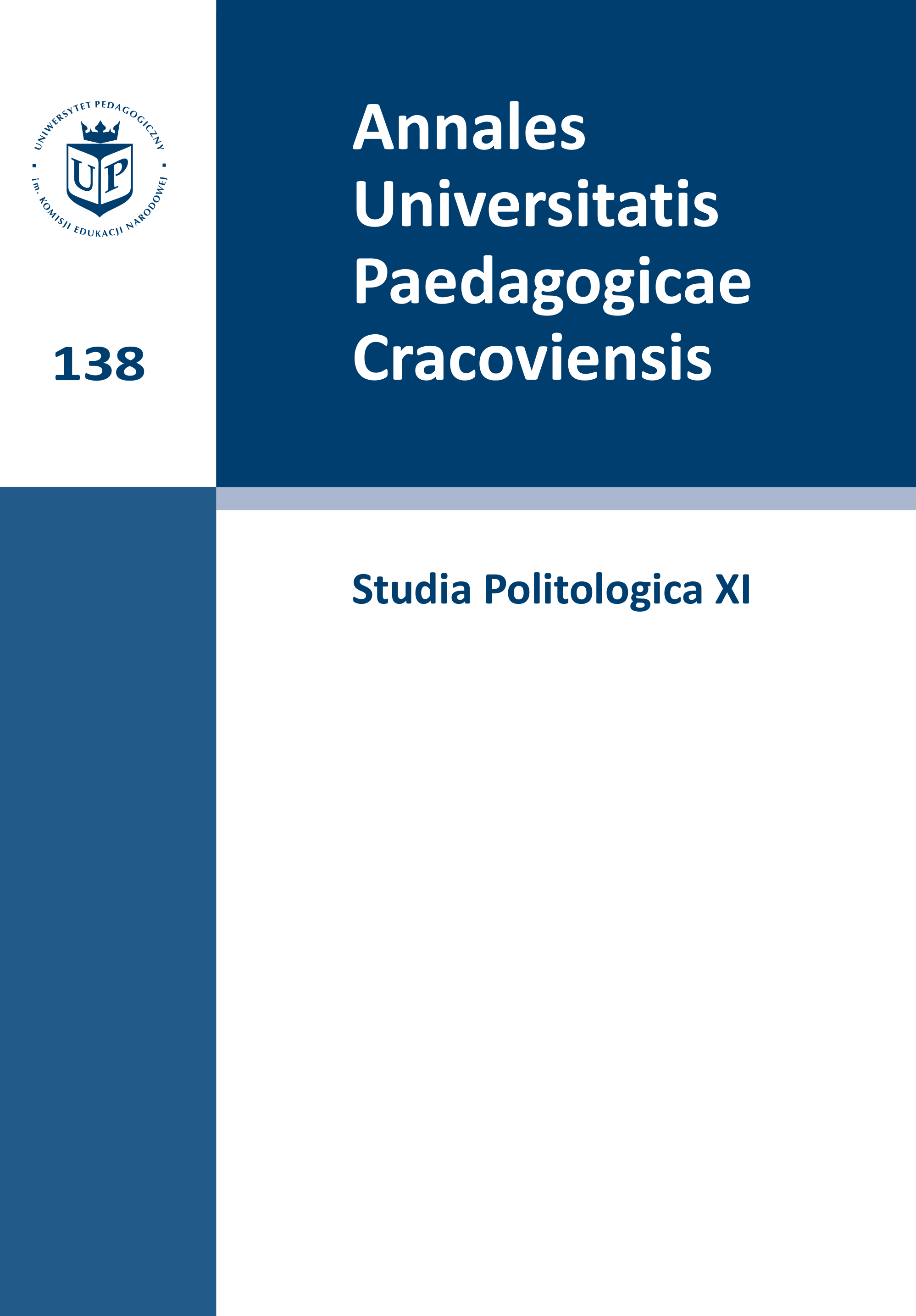Etnoregionalizm w Słoweni (włoska i węgierska wspólnoty narodowe i romska grupa etniczna)
Abstrakt
Slovenia is a small country located in the place where south-western corner of Central Europe meets the Western Balkans. Constitution of the Republic of Slovenia from 1991 and the act of national minorities of 1994 granted Italian and Hungarian national minorities with the status of self-governing commonwealths and the Rom minority with the status of an ethnic group. They have the right to choose their own representatives in the city council if at least 10 people who belong to the national minority or the Rom ethic group live in the city. City councilors representing the Italian and Hungarian commonwealths as well as the Rom ethnic group create structures that represent their interests. The Italian and Hungarian commonwealths have the right to one parliamentary mandate in the National Assembly. The Italian commonwealth is concentrated in the seaside area, and the Hungarian commonwealth in Prekmurje. The authorities of the independent Republic of Slovenia are of the opinion that the status of people belonging to the national minorities originating from the nations of the former Yugoslavia will be regulated by the laws of Slovenia and the European Union. The way that ethic problems are solved in Slovenia can be regarded as exemplary.Pobrania
Opublikowane
2015-08-07
Numer
Dział
Artykuły
Licencja
Redakcja przyjmuje do druku teksty oryginalne, wcześniej niepublikowane. Treść czasopisma jest dostępna na licencji Creative Commons (CC-BY-NC-ND 3.0 PL)
Licencja ta zezwala na wykorzystanie materiałów opublikowanych w czasopiśmie w celach niekomercyjnych np. komentarza, krytyki, informacji, archiwizacji, nauczania lub prowadzenia badań, z poszanowaniem aktualnie obowiązującego prawa autorskiego (ustawa z dnia 4 lutego 1994 r. o prawie autorskim i prawach pokrewnych Dz.U. 1994 nr 24 poz. 83 z poźn. zm.). Zgodnie z wymogami licencji, konieczne jest dokładne podanie źródła cytowania lub parafrazowania oraz zachowanie tekstu w oryginalnej postaci (zakaz tworzenia utworów zależnych).

